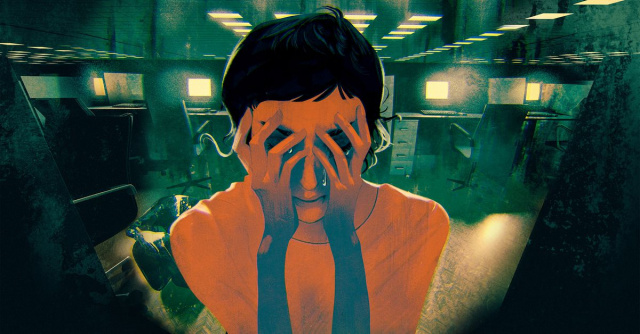I already deleted my Facebook and Instagram accounts. I now know less about what my family and friends are up to, but I feel like I have no choice but to be a -1 in some spreadsheet somewhere since engagement is the only thing Facebook cares about.
psychology
"Why admit and apologize for errors? Two reasons: First, blame is a seesaw. If you blame yourself more, others blame you less; they may even tell you why it wasn’t really your fault, everybody else got it wrong too, you were misled, etc. And second, the forgiveness process starts with acknowledgment. It is vanishingly hard to forgive people who won’t admit fault."CIDRAP—University of Minnesota illness prevention group—offers strategies for effective COVID-19 crisis communication.
"Through her work, she's found that those who have been through a period of isolation value the experience for what it has taught: They have a better idea of their personal values, and they're more committed to acting on them. "When people have space to sit back and think it allows them to figure out what's important to them," she said."Lessons from others who have been isolated.
"Reinforcing that quarantine is helping to keep others safe, including those particularly vulnerable (such as those who are very young, old, or with pre-existing serious medical conditions), and that health authorities are genuinely grateful to them, can only help to reduce the mental health effect and adherence in those quarantined."Interesting look at the impact of past quarantines and how we might reduce the harm of our current mass quarantine.
"Your employee didn’t choose this; it’s not like she decided to work with a toddler lurking around in order to save on child care expenses. We’re in a pandemic and a public health crisis. She, like millions of parents across the country, is an impossible situation and is trying to make it work as best as she can."If you're lucky enough to be able to work from home you're not experiencing standard work from home right now. It feels more like crisis management at home plus work.
"People actually do need to buy significantly more toilet paper during the pandemic — not because they’re making more trips to the bathroom, but because they’re making more of them at home."This is more than I ever thought I’d need to know about toilet paper supply chain logistics. This is useful for thinking about other shortages we have now too.
"Our primitive mind knows something bad is happening, but you can’t see it. This breaks our sense of safety. We’re feeling that loss of safety. I don’t think we’ve collectively lost our sense of general safety like this. Individually or as smaller groups, people have felt this. But all together, this is new. We are grieving on a micro and a macro level."This message about grief was good to hear and something I need to keep in mind.
Google Doc with some helpful suggestions for getting through sheltering in place:
"Our brains have a bias toward negativity in order to scan for danger and keep ourselves safe. If we don’t want to become depressed and anxious, we have to make an effort to move toward the positive. If you think of everything that can possibly go wrong all of the time, you will have given your brain the experience of bad things happening even if none of your fears come true. Use this as an opportunity to catch your negative thoughts and identify them as old mental habits rather than as truths."I found this helpful.
"But if folks make more money off of customers when they reduce latency, there has to be some power in increasing latency."This is a hack I can get behind. If you can't slow down the velocity of information on social networks at least you can physically slow down the social networks on the piece of the network you control.
"Shockingly, they found a positive and statistically significant relationship between the amount of coverage dedicated to mass shootings and the number of shootings that occurred in the following week."I wish more people knew about the media contagion problem—especially people in the media.
I really enjoyed this essay about Conceptual Labor. Sometimes the work we need to do is understanding the work we need to do. It reminded me of a favorite saying of mine by Victor Frankl that if you have a why you can get through almost any how. (Paraphrased, it's from Man's Search for Meaning which I should reread.) I think I saw this link on Mastodon, but not finding links again is my theme today.

Casey Newton is back with another look at the human cost of social media.
I asked Harrison, a licensed clinical psychologist, whether Facebook would ever seek to place a limit on the amount of disturbing content a moderator is given in a day. How much is safe?Important reporting here that I hope will help people that these powerful corporations are forgetting.
“I think that’s an open question,” he said.